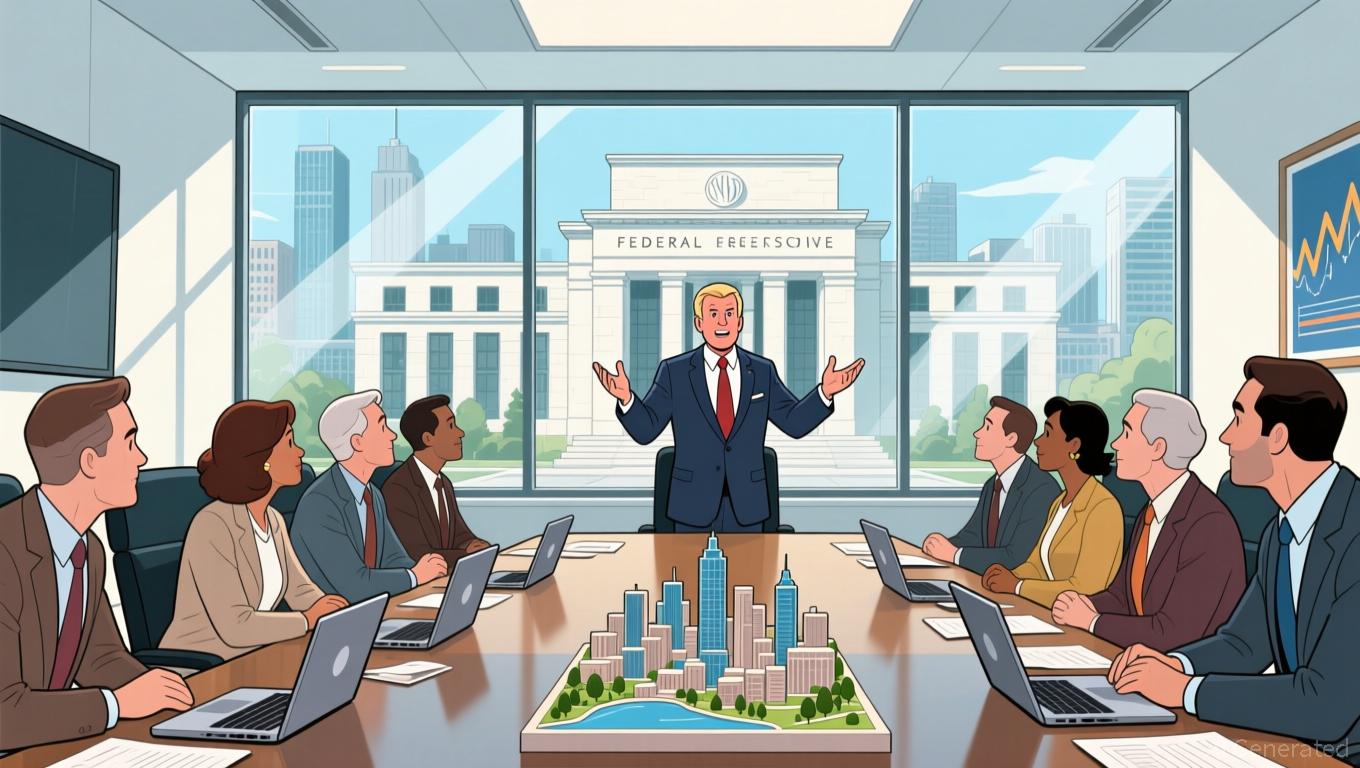Nvidia’s Culture of Trust: The Role of Generous Leave in Driving Technological Leadership
- Nvidia offers 22-week paid maternity leave, 12 weeks for non-birthing parents, and 8 weeks of flexible scheduling, ranking No. 2 on Fortune's 2025 Best Workplaces for Parents list. - CEO Jensen Huang prioritizes employee care to attract talent, with 93% of Nvidia parents reporting "deep care" from the company versus 48% at typical U.S. workplaces. - The policy includes surrogacy/adoption coverage, backup childcare, and manager-led flexibility, correlating with 50% higher "extra effort" at work compared t
Valued at over $4 trillion, Nvidia Corp. (NVDA) has solidified its status as a pioneer in workplace flexibility, offering a paid maternity leave of 22 weeks—far surpassing typical U.S. standards. The company’s policy also grants 12 weeks of paid leave to non-birthing parents and provides an additional eight weeks of flexible work arrangements after leave,
There is no federal mandate for paid parental leave in the U.S., and most new mothers take only 10 weeks of unpaid leave under the Family and Medical Leave Act (FMLA). Nvidia’s 22-week paid maternity leave—along with similar support for adoption, surrogacy, and families with special needs—sets a high standard. Beau Davidson, Vice President of Employee Experience, stressed that the company’s achievements are built on a “culture of support” rather than simply offering benefits. “It’s not enough to just have a program; you need to foster a culture that truly supports families,” Davidson explained,

The company’s dedication goes beyond just leave policies.
The effectiveness of these initiatives is reflected in employee feedback. Research by Great Place To Work indicates that Nvidia parents are 50% more likely than average to say they put in “extra effort” at work (93% versus 62%), which boosts both productivity and innovation. Trust in the company is also significantly higher:
Nvidia’s policies are in step with wider trends in American business.
Some, however, question whether such extensive benefits can last during economic downturns.
Disclaimer: The content of this article solely reflects the author's opinion and does not represent the platform in any capacity. This article is not intended to serve as a reference for making investment decisions.
You may also like
Bitcoin Updates: Michael Saylor Continues to Acquire BTC Despite Market Slump, Holdings Remain Robust
- Michael Saylor's MSTR added 8,178 BTC ($835.6M) in November, boosting total holdings to 649,870 BTC valued at $48.37B despite Bitcoin's 7-month low below $95,000. - Strategy's BTC purchases remain profitable with average cost ($74,433) far below current $90K+ price, while unrealized gains persist through market downturns. - Saylor defends Bitcoin as "exponential treasury asset," rejecting sell rumors and hinting at "surprising" activity despite MSTR's 35% YTD stock decline and below-1 market-to-NAV ratio

Panic or Opportunity? As Legal Challenges and Economic Uncertainty Converge, Crypto and Stock Markets Waver
- Crypto markets hit "extreme fear" as Bitcoin's $100k failure sparks broad sell-off, compounding equity turmoil from lawsuits and leadership crises at Primo Brands and WPP . - Primo Brands drops 9% after CEO forced out over integration failures, now faces securities class action; WPP plunges 18% amid fraud allegations and CEO transition. - Fortinet's 22% stock crash follows delayed firewall upgrade disclosure, triggering legal scrutiny; Whirlpool reports strong earnings but remains down 38.7% year-to-date
Trump’s Federal Reserve Strategy: Hassett’s Proposed Reductions Face Resistance from Central Bank Prudence
- Trump plans to nominate Kevin Hassett as Fed chair, prioritizing aggressive rate cuts over Powell's cautious approach. - Hassett's market-driven policies face political risks, with internal resistance warning against destabilizing Fed independence ahead of 2026. - Fed officials remain divided on rate cuts, balancing inflation control against weakening labor market signals. - Critics argue Trump's focus on short-term cuts risks inflation, while Bessent's post-Thanksgiving recommendations will shape U.S. m
